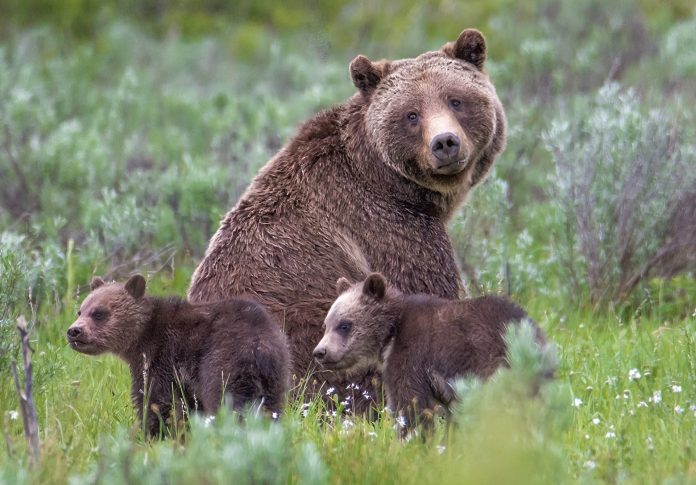Last week, the U.S. House of Representatives approved a funding bill that massively reduces budgets for the U.S. Department of the Interior and the U.S. Environmental Protection Agency (EPA). The U.S. Fish and Wildlife Service’s budget will be cut by 8.4% compared to last year’s funding, while the EPA’s budget will be reduced by 20%, reverting to funding levels not seen since 1998.
Sadly, the bill includes an unprecedented number of anti-wildlife poison pill riders that would undermine the Endangered Species Act and other safeguards for the nation’s most vulnerable wildlife.
“From wolves, whales, and wolverines, to wildlife refuges across the country, this bill would cause irreparable harm to our natural heritage,” said Stephanie Kurose, deputy director of government affairs at the Center for Biological Diversity. “Extremist lawmakers are hellbent on bulldozing decades of progress and steering us toward ecological disaster, damn the consequences.”
One rider would remove federal protections for all gray wolves in the lower 48 states, except a small population of Mexican gray wolves in Arizona and New Mexico. Another rider would remove protections for grizzly bears in the Greater Yellowstone Ecosystem and block the reintroduction of grizzlies in the North Cascades and Bitterroot ecosystems.
Reintroduction of bears into these areas is an essential step toward their recovery.
The bill also contains a new rider that would block protections for wolverines, which have waited nearly 30 years for protection. This rare wilderness species is threatened with massive habitat loss due to climate change. No more than 300 wolverines remain in the lower 48 states.
Other harmful riders include:
-
Removing federal protections for the lesser prairie chicken, a highly imperiled ground-nesting bird
-
Blocking protections for the greater sage-grouse
-
Blocking increased protections for the northern long-eared bat
-
Removing federal protections for the dunes sagebrush lizard
-
Blocking protections for the Texas kangaroo rat and seven freshwater mussels in Texas;
-
Prohibiting any federal agency from banning or restricting lead in ammunition or fishing gear
-
Blocking federal agencies from even attempting to minimize the harmful impacts of offshore oil and gas activities on critically endangered whales
-
Blocking revisions to harmful Endangered Species Act regulations put in place during the previous administration
-
Slashing funding for the Service by 8% compared to current funding levels;
-
Codifying climate denialism into law by exempting federal land management agencies from updating their plans when new information shows endangered species are being harmed or killed on public lands
-
Blocking the Service from finalizing a rule to better protect the National Wildlife Refuge System and the hundreds of endangered species that live or depend on it
-
Blocking the expansion of the Muleshoe National Wildlife Refuge in Texas—a crucial step for the recovery of the lesser prairie-chicken;
-
Undermining the ability of states and the EPA to address cancer and human health risks associated with the most dangerous pesticides
-
Allowing the pesticide industry, instead of the EPA, to write its own assessments on the impacts of pesticides on endangered species.



